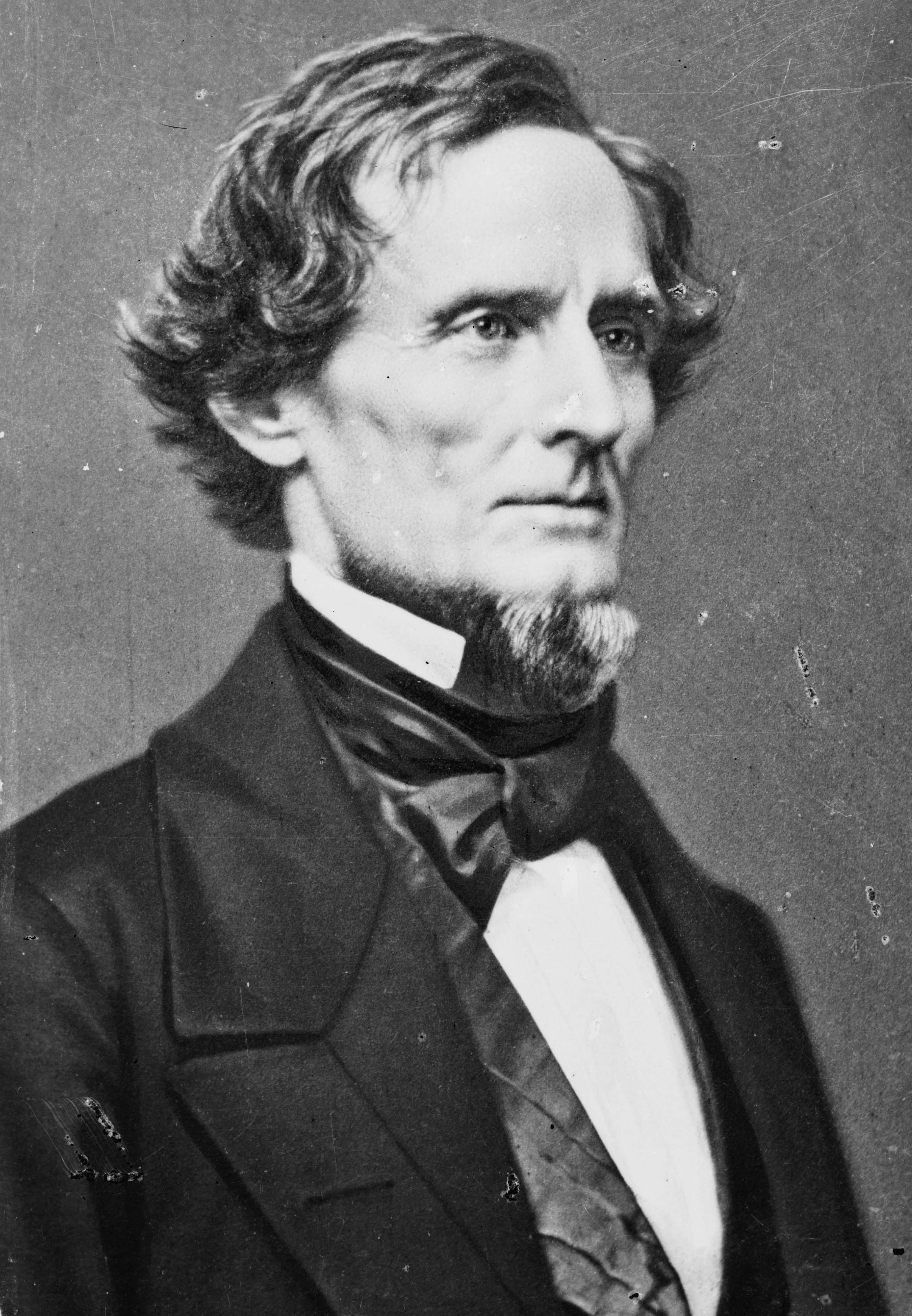Jefferson Davis frases e citações
Jefferson Davis: Frases em inglês
Reply in the Senate to William H. Seward (29 February 1860), Senate Chamber, U.S. Capitol. As quoted in The Papers of Jefferson Davis, Volume 6, pp. 277–84. Transcribed from the Congressional Globe, 36th Congress, 1st Session, pp. 916–18.
1860s
Brooks D. Simpson, "The Future of Stone Mountain" https://cwcrossroads.wordpress.com/2015/07/22/the-future-of-stone-mountain/ (22 July 2015), Crossroads, WordPress
The Rise and Fall of the Confederate Government
“They will hang Jeff Davis to a sour apple tree!”
"John Brown's Body" http://memory.loc.gov/ammem/scsmhtml/scsmhome.html (1861)
Reply in the Senate to a speech of Senator Douglas, May 1860.
1860s
Speech in Congress, 1846.
1840s
“If the Confederacy falls, there should be written on its tombstone: Died of a theory.”
The Rise and Fall of the Confederate Government, quoting a remark he had made in 1864.
1860s
"Louisiana and the Rule of Terror" http://cdnc.ucr.edu/cgi-bin/cdnc?a=d&d=EL18741010.2.9#, The Elevator (10 October 1874), Volume 10, Number 26.
1860s, Speech before the U.S. Senate (1861)
1860, Senate debate on legal status of interracial relationships.
1860s
“The spirit of Jefferson Davis lives!”
Trent Lott, speech before the Sons of Confederate Veterans (1984), as quoted in The Ku Klux Klan in Mississippi http://www.pdfarchive.info/pdf/N/Ne/Newton_Michael_-_The_Ku_Klux_Klan_in_Mississippi.pdf, by Michael Newton, p. 195.
Andy Hall, "We have received provocation enough..." http://deadconfederates.com/2013/07/01/we-have-received-provocation-enough/ (1 July 2013), Dead Confederates: A Civil War Era Blog.
John M. Coski, The Confederate Battle Flag: America's Most Embattled Emblem https://archive.is/jcaoZ (2006).
